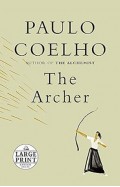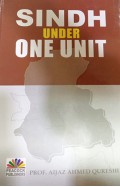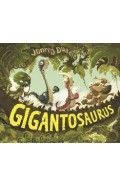- Home
- Young Adults
- Fiction
- Classics
- Literary Masterpieces
- The Essential Kafka : The Castle; The Trial; Metamorphosis and Other Stories
The Essential Kafka : The Castle; The Trial; Metamorphosis and Other Stories
By: Franz Kafka
-
Rs 1,615.50
- Rs 1,795.00
- 10%
-

You save Rs 179.50.
Due to constant currency fluctuation, prices are subject to change with or without notice.
Like George Orwell, Franz Kafka has given his name to a world of nightmare, but in Kafka's world, it is never completely clear just what the nightmare is. The Trial, where the rules are hidden from even the highest officials, and if there is any help to be had, it will come from unexpected sources, is a chilling, blackly amusing tale that maintains, to the very end, a relentless atmosphere of disorientation. Superficially about bureaucracy, it is in the last resort a description of the absurdity of 'normal' human nature.
Still more enigmatic is The Castle. Is it an allegory of a quasi-feudal system giving way to a new freedom for the subject? The search by a central European Jew for acceptance into a dominant culture? A spiritual quest for grace or salvation? An individual's struggle between his sense of independence and his need for approval? Is it all of these things? And K? Is he opportunist, victim, or an outsider battling against elusive authority?
Finally, in his fables, Kafka deals in dark and quirkily humorous terms with the insoluble dilemmas of a world which offers no reassurance, and no reliable guidance to resolving our existential and emotional uncertainties and anxieties.
Like George Orwell, Franz Kafka has given his name to a world of nightmare, but in Kafka's world, it is never completely clear just what the nightmare is. The Trial, where the rules are hidden from even the highest officials, and if there is any help to be had, it will come from unexpected sources, is a chilling, blackly amusing tale that maintains, to the very end, a relentless atmosphere of disorientation. Superficially about bureaucracy, it is in the last resort a description of the absurdity of 'normal' human nature.
Still more enigmatic is The Castle. Is it an allegory of a quasi-feudal system giving way to a new freedom for the subject? The search by a central European Jew for acceptance into a dominant culture? A spiritual quest for grace or salvation? An individual's struggle between his sense of independence and his need for approval? Is it all of these things? And K? Is he opportunist, victim, or an outsider battling against elusive authority?
Finally, in his fables, Kafka deals in dark and quirkily humorous terms with the insoluble dilemmas of a world which offers no reassurance, and no reliable guidance to resolving our existential and emotional uncertainties and anxieties.
Metamorphosis and Other Stories (Penguin Modern Classic)
By: Franz Kafka
Rs 1,950.75 Rs 2,295.00 Ex Tax :Rs 1,950.75
The Essential Kafka : The Castle; The Trial; Metamorphosis and Other Stories
By: Franz Kafka
Rs 1,615.50 Rs 1,795.00 Ex Tax :Rs 1,615.50
Zubin Mehta: A Musical Journey (An Authorized Biography)
By: VOID - Bakhtiar K. Dadabhoy
Rs 892.50 Rs 1,050.00 Ex Tax :Rs 892.50
Muslim Modernism : A case for naya Pakistan
By: Nadeem Farooq Paracha
Rs 1,165.50 Rs 1,295.00 Ex Tax :Rs 1,165.50
Muslim Modernism : A case for naya Pakistan
By: Nadeem Farooq Paracha
Rs 1,165.50 Rs 1,295.00 Ex Tax :Rs 1,165.50
Moxie: NETFLIX movie out on 3rd March 21
By: Jennifer Mathieu
Rs 1,015.75 Rs 1,195.00 Ex Tax :Rs 1,015.75
The Hawthorne Legacy: TikTok Made Me Buy It (The Inheritance Games, 2)
By: Jennifer Lynn Barnes
Rs 1,950.75 Rs 2,295.00 Ex Tax :Rs 1,950.75
QURAN STORIES BOOK TOWER (SET OF 10 CHUNKY BOARD BOOKS)
By: Saniyasnain Khan
Rs 4,495.50 Rs 4,995.00 Ex Tax :Rs 4,495.50
Zubin Mehta: A Musical Journey (An Authorized Biography)
By: VOID - Bakhtiar K. Dadabhoy
Rs 892.50 Rs 1,050.00 Ex Tax :Rs 892.50
Metamorphosis and Other Stories (Penguin Modern Classic)
By: Franz Kafka
Rs 1,950.75 Rs 2,295.00 Ex Tax :Rs 1,950.75
The Essential Kafka : The Castle; The Trial; Metamorphosis and Other Stories
By: Franz Kafka
Rs 1,615.50 Rs 1,795.00 Ex Tax :Rs 1,615.50
Muslim Modernism : A case for naya Pakistan
By: Nadeem Farooq Paracha
Rs 1,165.50 Rs 1,295.00 Ex Tax :Rs 1,165.50












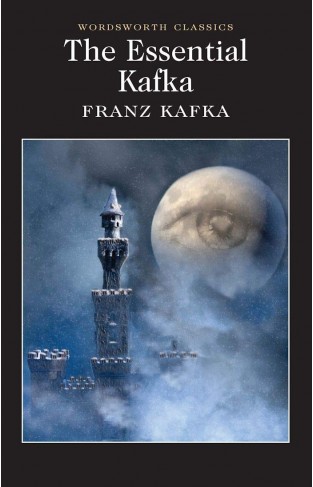
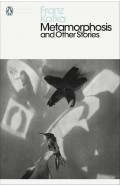

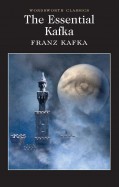
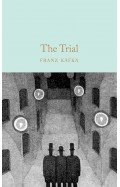
-120x187.jpg?q6)


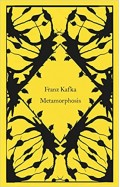
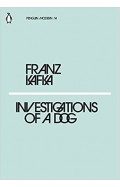
-120x187.jpg?q6)





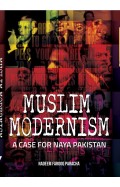
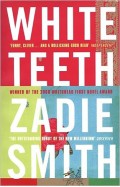



-120x187.jpg?q6)

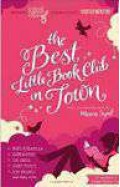
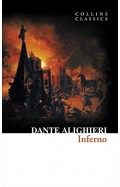
-120x187.jpg?q6)
